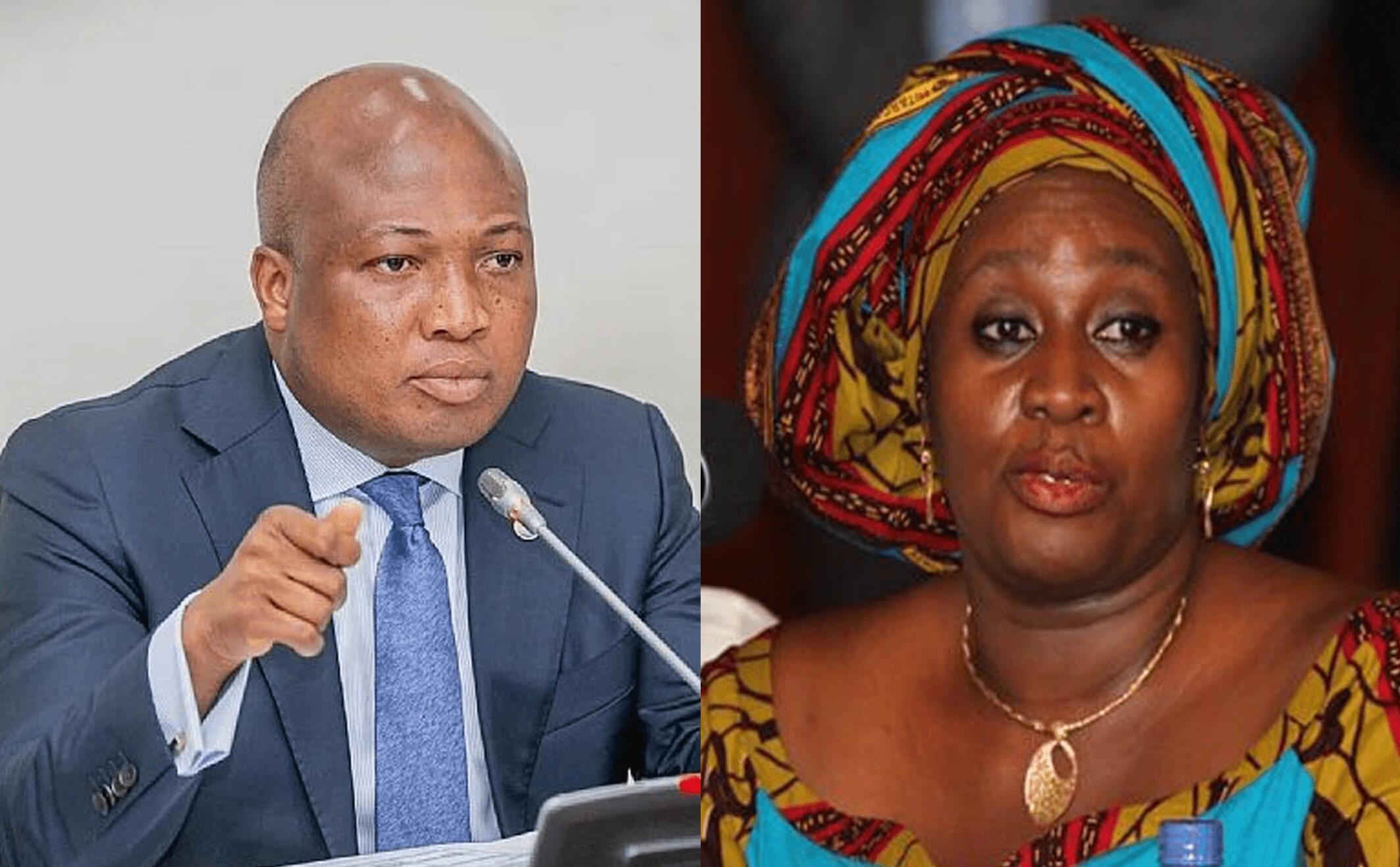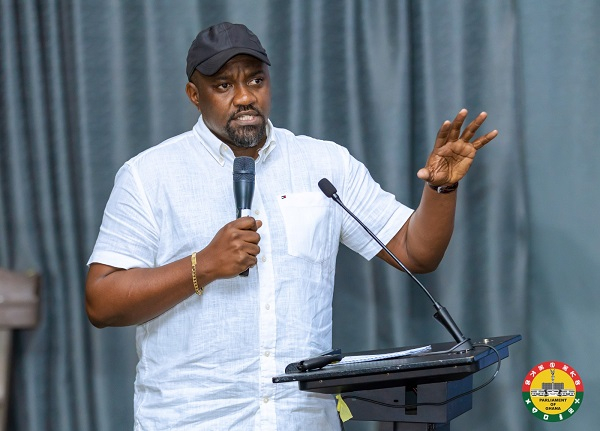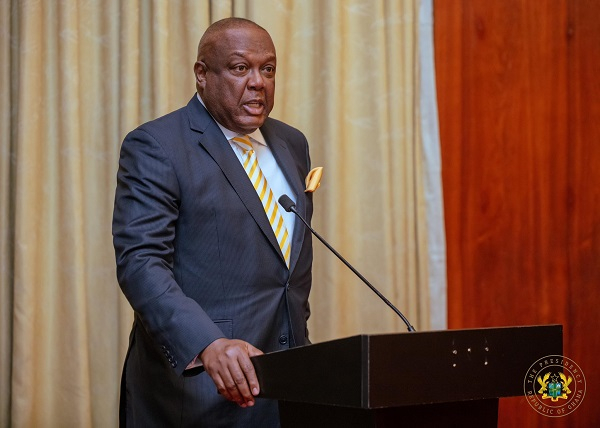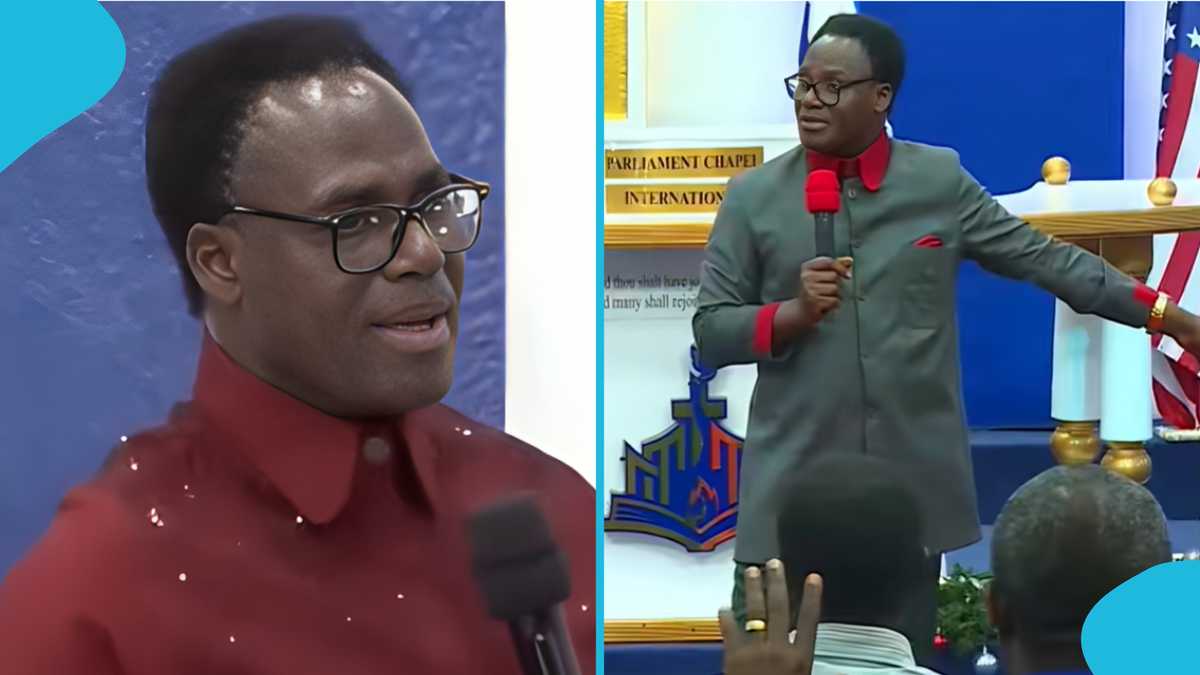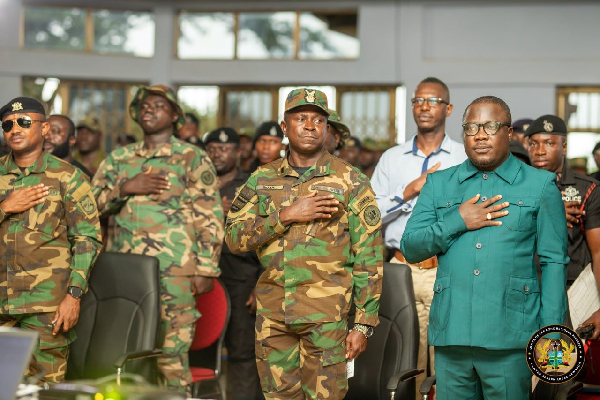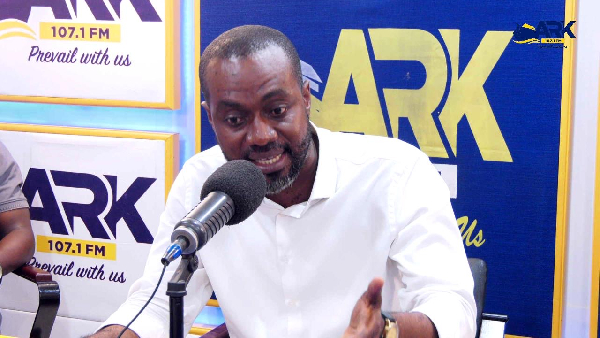A former Deputy Attorney General Joseph Dindiok Kpemka has raised constitutional concerns over President John Mahama’s nomination of seven Appeal Court justices to the Supreme Court, warning that the process may have sidestepped key procedural safeguards meant to uphold judicial independence.
President Mahama, through a letter dated 29 April 2025, nominated Justices Sir Dennis Dominic Adjei, Gbiel Simon Suurbaareh, Senyo Dzamefe, Kweku Tawiah Ackah-Boafo, Philip Bright Mensah, Janpere Bartels-Kodwo, and Hafisata Ameleboba for elevation to the apex court.
The nominations, made under Article 144(2) of the 1992 Constitution, were communicated by the Executive Secretary to the President, Dr Callistus Mahama, to the acting Chief Justice, Justice Paul Baffoe-Bonnie.
The Judicial Service had confirmed that the Judicial Council will assess the nominees before the appointments are submitted to Parliament for approval.
But speaking on Asaase Radio’s The Forum on Saturday (3 May), Kpemka argued that the nomination process appears to lack clarity regarding whether proper consultation took place with constitutionally mandated bodies, including the Judicial Council and the Council of State.
He said the President’s failure to explicitly detail the stages of consultation risks undermining the constitutional integrity of judicial appointments.
“Just quoting the provision and saying that you are acting in compliance with Article 144(2), for me, is insufficient,” he said, warning that such ambiguity could weaken public confidence in the constitutional process.
The former Tempane MP also stressed that any action taken outside of formal consultation with the Judicial Council would, in his view, be unconstitutional.
He maintained that while the President has the power to nominate, such discretion must be exercised transparently, with clear evidence of advice and approval from the relevant institutions.
“The judicial council is very important in the process leading to the appointment,” he said.
“If all the time the President can have his way, then why the need for advice or consultation?” he questioned.
Kpemka also called for a constitutional amendment to clarify and strengthen the role of advisory bodies in judicial appointments, arguing that the current non-binding nature of such advice renders the provisions ineffective.
Source: https://asaaseradio.com/




